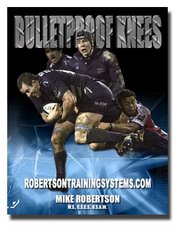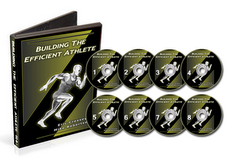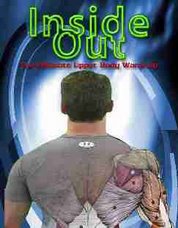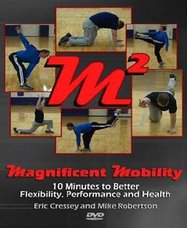
Hey Mike, after reading your article yesterday on T-Nation I had a question. My low back always rounds when I squat deep. How can I fix this?
Thanks!
You know this is a simple question, yet the answer is quite complex. Very simply, it's always going to depend upon the specific limitatations of that person. Here are just a few of the issues that could be hindering their performance:
- Short/stiff hamstrings
- Short/stiff gluteals
- Weak back extensors
- Stiffness imbalance between hips and back extensors
- Poor muscle coordination of the "core"
- Poor technique
Those are just a few of the reasons I can come up with off the top of my head. Generally, the people Bill or I evaluate who can't squat deep have one or more of these issues going on.
So since I can't evaluate you, what can I help you with? Quite often, we see a stiffness imbalance between the hips (glutes, hams, etc.) and the spinal erectors. When we examine the properties that constitute stiffness, one of the key attributes, quite simply, is cross sectional area! A bigger muscle will be stiffer than a smaller oner. So how do we fix this? Get the appropriate area stronger!
While I'm not a big fan of back hyperextensions, I think basic back extensions should be a part of your program if you have this issue. After all, Olympic lifters have included back extensions in their programs for years and they have arguable the best squat technique. Obviously this isn't the only contributing factor to their squatting prowress, but I think it plays a role. Low back strengthening/hypertrophy work, coupled with mobility work for the hips should take you a long way.
Bill and I actually have an entire piece in the works on this topic. Our goal would be to make it a manual/DVD combo. Hopefully once I-FAST settles down a bit we can pull it together. This would include assessment techniques, training strategies, the progressions we use with clients, etc.
In the interim, get that low back stronger and get your hips as mobile as possible. Good luck!
Stay strong
MR








